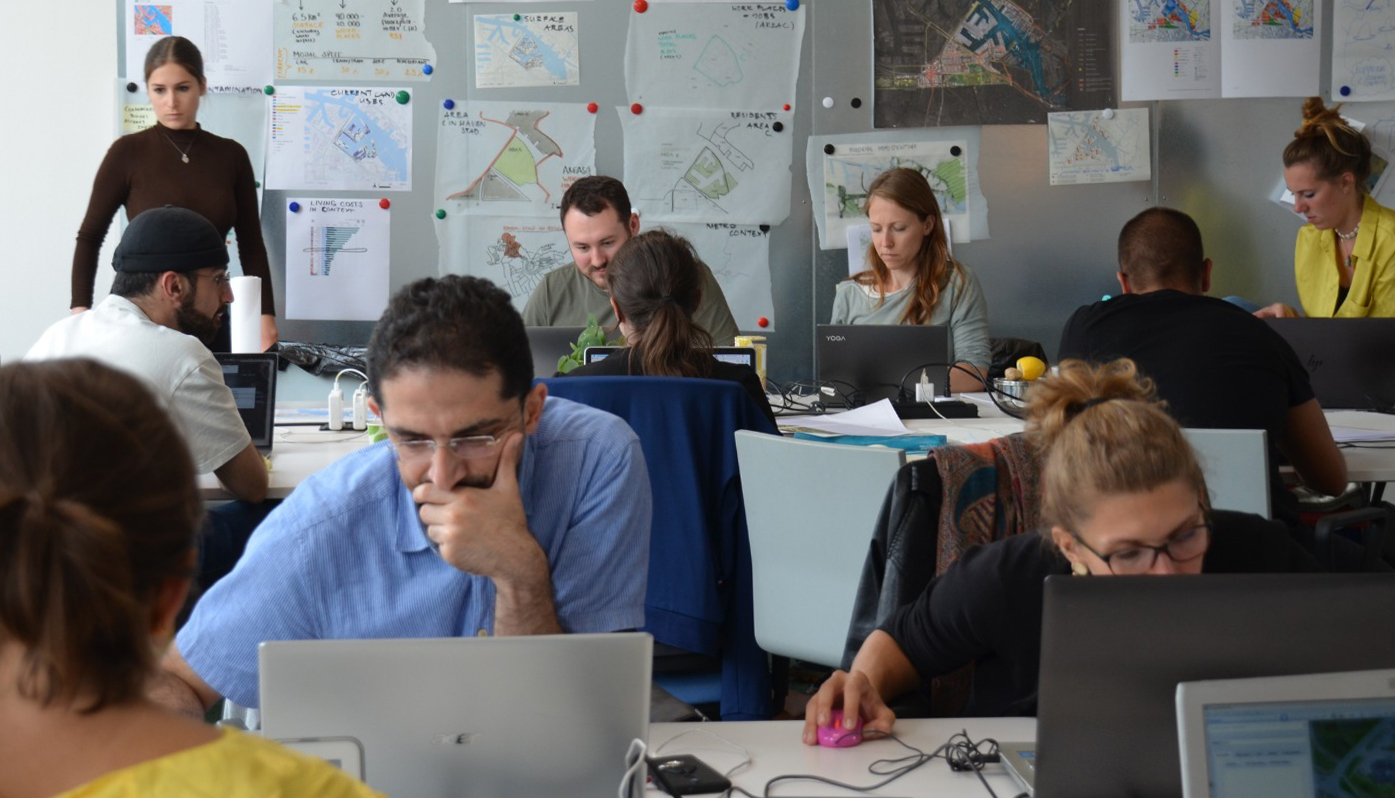
Why is smart mobility essential in urban development?
Like many metropolitan areas, the Amsterdam metropolis is prospering, the city is growing, new homes are being built, new companies and talent continue to relocate here, and the city is becoming increasingly popular with tourists. If residents, visitors, commuters, and others continue to travel as they do today, all forms of transport combined will grow in the coming years between 20% and 40%, and traffic will grind to a halt.
Good accessibility – with smart connections within the city and with the rest of the country and world – makes an important contribution to Amsterdam’s attractiveness for all travelers. Moreover, particularly in Amsterdam, social diversity and inclusivity are valued, which means providing everyone with equal access to good liveability and transport.
Mobility operates as the intersection between the city’s infrastructure and its city’s inhabitants. It is the central link in the well-functioning of a city and a key element in the organization of multimodal transport. In doing so, it is not only about the connection to other areas, but also about sowing together the fabric of the area and the movement of people in the area itself.
The Challenge
During the AMS Summer School, the participants have been challenged to come up with a vision and design a proposal for the future urban development of Haven-Stad, in which smart (multimodal) mobility approaches and scenarios are applied. The project area has been subdivided into different areas (on which the groups worked), each with their own characteristics and identity in terms of density, urban quality, industrial character, or the relationship with water. A complex task as the participants account for on-going trends, developments, policies, and innovations as well as spatial characteristics of the areas: What is the (future) identity of the area? What type of function and use do and can the area have? What makes the area unique? What are the strengths and weaknesses? Who is going to be the users of the area? And how are they going to move around? And what type of mobility system do you need to support that?
Participants of this summer school have dealt with the following themes:
the role and function of smart urban mobility, including mobility as a service (MaaS) and emerging mobility options; travel behaviour of a growing number of users; sustainability challenges and fairness in transport planning; public and semi-public spaces (and social dynamics therein); exploration of alternative, marginal and emerging social uses of urban developments as meeting places and culture; urban integration in the overall mobility system; the interface between architecture and infrastructure with the urban fabric; programming of future transport nodes and the accessibility to and from such transport hubs of all types of smart mobilities (e.g. conventional public transport, shared mobility, autonomous taxis, etc.).
“The AMS Summer School was a great way to engage with the City of Amsterdam and a diverse group of participants to develop ideas and concepts regarding the redevelopment of the harbor area. It was an intense week of working through various concepts and ideas for how the area can be reimagined from the current industrial harbor to a livable, green, and sustainable community for residents and businesses alike.”
Matt Bearden

The Amsterdam Institute for Advanced Metropolitan Solutions (AMS), The City of Amsterdam, Delft Deltas, Infrastructures & Mobility Initiative (DIMI), and Delft University of Technology (through the faculties of Civil Engineering and Geosciences, and Architecture and the Built Environment) join together in the organisation of the interdisciplinary 2019 Summer School: (Smart) Urban Mobility and Urban Development. (19 to 26 August 2019, in Amsterdam) During the AMS Summer School, 40 participants from 22 different nationalities explored the interdisciplinary approaches towards a sustainable integration of smart urban mobility solutions and the new urban development area Haven-Stad in Amsterdam.
This Summer School forms a triptych with Integrated Mobility Challenges in Future Metropolitan Areas organised in 2018, and Making the Metropolis organised in 2017.



